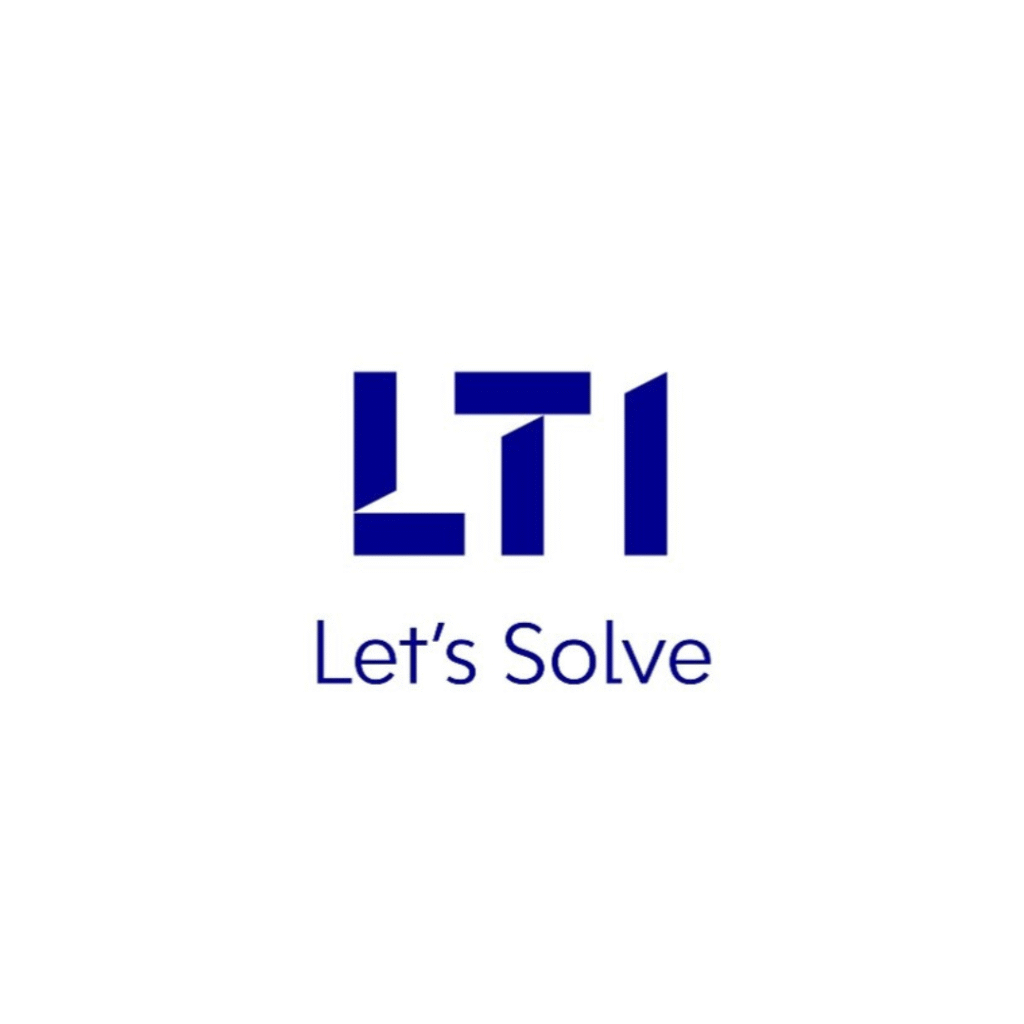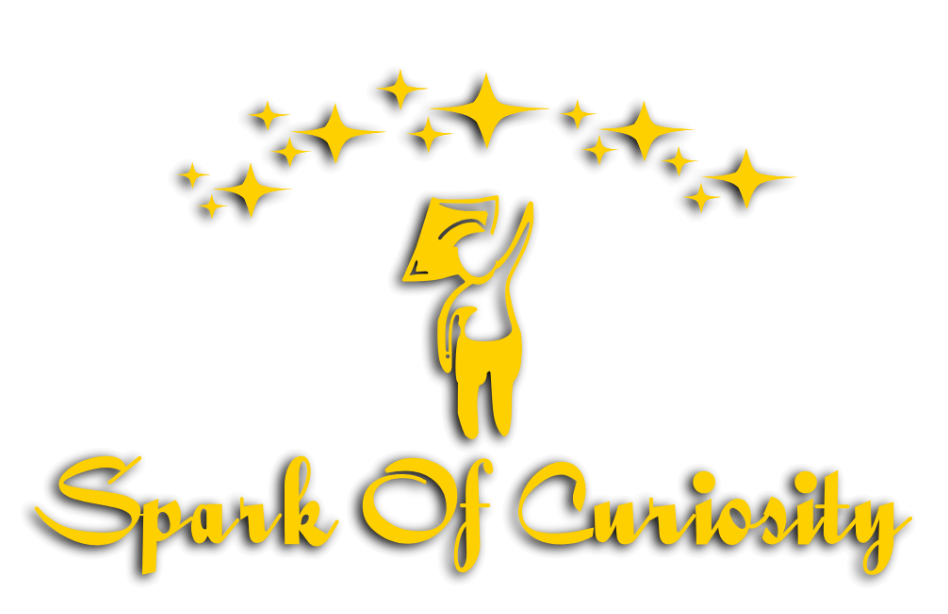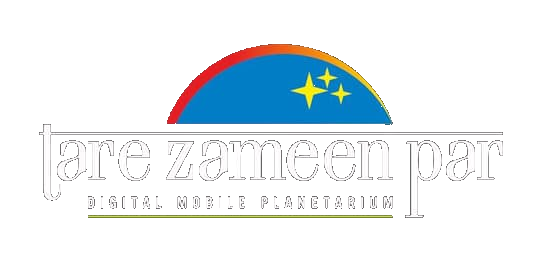


Saare Tare Zameen Par Trust
STZPT is a non-profit organization. At STZPT, our mission is to make a profound impact on rural education through our immersive and experiential learning approach. Through Saare Tare Zameen Par Trust, our science outreach program, we bring the wonders of astronomy, science, and math directly to the doorsteps of underprivileged students.
Spark of Curiosity
Spark of Curiosity is one of the most appreciated programs of STZPT. It is a whole academic year engagement program that provides Immersive and Experiential learning along with fun activities that ignites the spark of curiosity among students.
Our Goals
Importance of Rural Education
Importance of Science Education
Schools in Rural India
Challenges in Learning Science
LTI
Science on Wheels
PROGRAM OVERVIEW:
The ‘Science on Wheels’ project targeted 3400 students from 13 schools that are under the purview of the Thane Municipal Corporation (TMC), Navi Mumbai Municipal Corporation (NMMC), and Brihanmumbai Municipal Corporation (BMC). These schools, nestled in the heart of slum communities, often face resource constraints that hinder quality education.
Objectives:
1. Promoting Curiosity: The project aimed to pique the curiosity of young learners by introducing them to the wonders of science through engaging and interactive experiences.
2. Hands-On Learning: Through mobile planetarium shows and hands-on science models, the project aimed to provide students with tangible experiences, enabling them to understand complex scientific concepts in a relatable manner.
3. Experiential Learning: The project focused on experiential learning, encouraging students to actively participate in various scientific experiments and activities that fostered a deeper understanding of theoretical concepts.
Project Implementation:
The ‘Science on Wheels’ project encompassed the following key activities:
1. Mobile Planetarium Shows: Each of the targeted schools received mobile planetarium shows twice during the academic year. These immersive shows transported students to the cosmos, allowing them to explore celestial bodies and astronomical phenomena.
2. Expert Teachers and Models: Accompanied by expert educators, the project brought a range of science models directly to the schools. These models were carefully selected to simplify complex ideas and make them accessible to students of all ages.
3. Hands-On Workshops: The heart of the project lay in its hands-on workshops. Students actively engaged with scientific experiments, fostering a sense of wonder and discovery.
Impact:
The ‘Science on Wheels’ project yielded remarkable outcomes:
1. Enhanced Interest in Science: Students exhibited a heightened interest in science, as evidenced by their active participation and enthusiastic engagement during workshops.
2. Improved Understanding: The combination of visual aids, interactive shows, and hands-on activities significantly improved students’ understanding of scientific concepts.
3. Empowered Educators: The project not only impacted students but also provided teachers with innovative teaching methodologies that they could integrate into their regular curriculum.
4. Community Engagement: The project fostered a sense of community involvement, as parents and local residents actively participated in the project’s activities and supported their children’s educational journey.
Conclusion:
The ‘Science on Wheels’ project, a collaborative endeavor between Saare Tare Zameen Par Trust and L&T Infotech, successfully brought the marvels of science education to the doorsteps of underprivileged students. By igniting curiosity, providing hands-on experiences, and promoting experiential learning, the project has undoubtedly sowed the seeds of knowledge and exploration in the young minds of Mumbai’s slum communities. This initiative stands as a testament to the power of partnerships and innovative educational approaches in shaping a brighter future for all.
